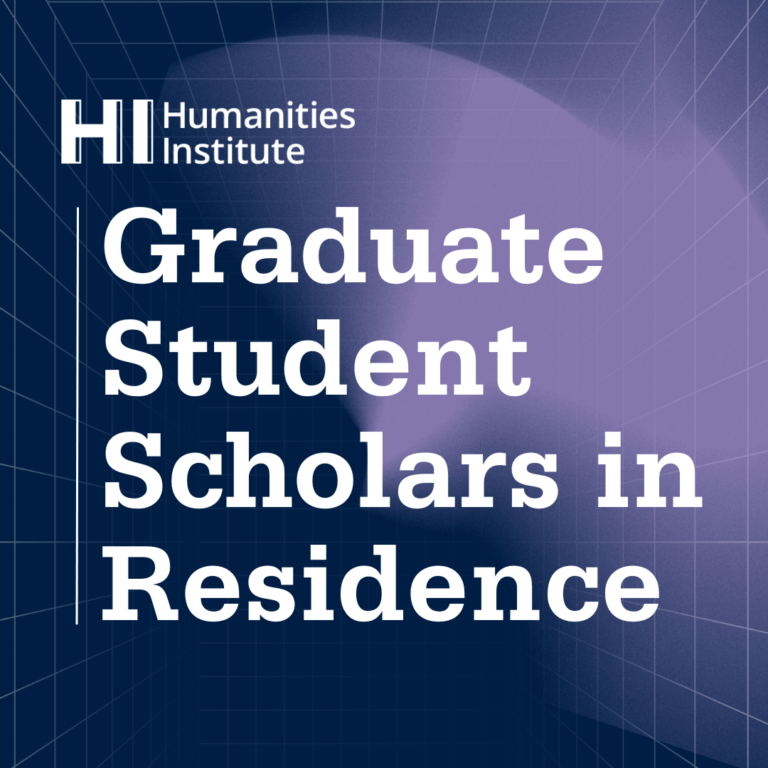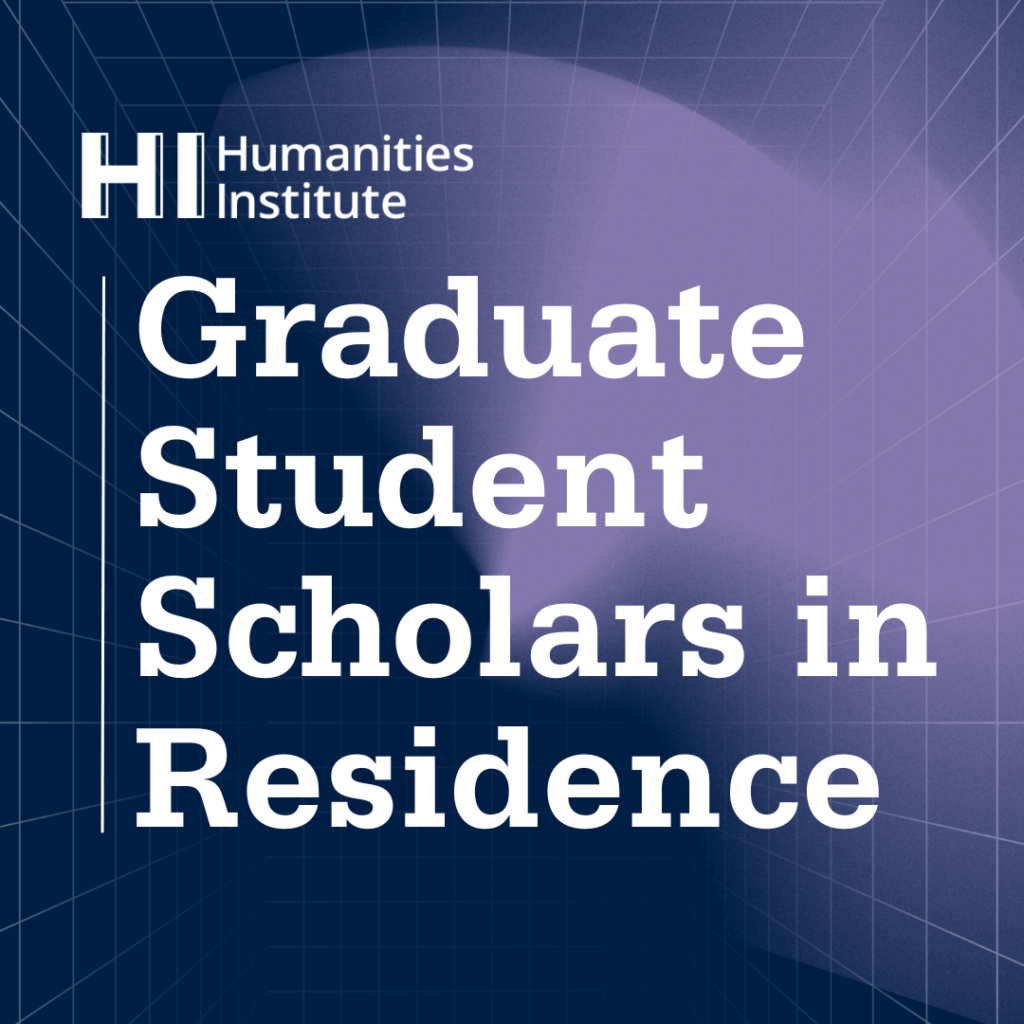The HI proudly present Graduate Student Residents:
Edward Green, Department of History
“Choctaw Diplomacy, Interdependency, and Nation Building: Towards a Theory of 'Quotidian Power'”
This project examines the ways that ideas of power were negotiated, developed, and contested in the Choctaw Nation from the early eighteenth through the middle of the nineteenth century. By showing Choctaws’ deliberate pursuits of national and international politics that welcomed local decision making and relations of interdependence, I encourage a fundamental reconceptualization of familiar ideas of nation building and development. Choctaws maintained both their sovereignty and many of their foundational lifeways in the face of increasingly violent Euro/American colonialisms that demanded an end to both. Recognizing this persistence as resistance forces us to center the experience of power in the everyday as the most important lens in understanding the ways that societies develop.
Matthew J. Douthitt, Department of History
“Clandestine China: Extraterritorial Violence and the National Revolution Abroad, 1895-1919”
This talk explores seldom-discussed yet pervasive incidents of extraterritorial violence during the Xinhai Revolution of 1911. State-centric narratives tend to portray the overthrow of the Qing Dynasty as a relatively bloodless coup led by traveling nation-builders like Sun Yat-sen. This misguided assumption obscures the turbulent nature of partisan violence in favor of linear storytelling and the elevation of national heroes. In actuality, a clandestine network of Chinese émigrés enabled acts of extraterritorial violence across the wider Pacific region. By using popular violence as a framework, my research seeks to recontextualize the revolutionary role of the migrant working-class, nonstate actors, and illicit organizations in the antimonarchical revolution.
Hanan Al-Alawi, Department of Comparative Literature and Women's, Gender, and Sexuality Studies
“Visceral and Parietal Poetics in Contemporary Arabic and Persian Literature in the Gulf”
Rather than viewing Arabic and Persian literature written post 1980 as a vehicle for nationalism or political criticism, I bring these two traditions together through the dual concept of embodiment and dispossession. By engaging different literary genres of six dispossessed writers from the Gulf, I argue that their distinct portrayal of dispossession reframes the literary scene in its attentiveness to the body. Depictions of embodied dispossession expose the way colonial capitalism instrumentalizes statelessness, expatriation, gender, and racialized indigeneity to uphold social reproduction. They simultaneously build a corpus of embodied knowledge that precludes full co-option by the system. I ultimately advocate for a “visceral and parietal poetics” that invites us to see how this literature reimagines sovereign power, geopolitical borders, and tokenistic representation.
Rebecca Haddway, Departments of English and Visual Studies
“Geographical Visualities of Race and Health in Antebellum U.S. Culture”
Medical illustrations in the eighteenth and nineteenth centuries dismembered the human body, establishing a way of seeing embodiment that enabled pro-slavery American physicians to dehumanize or selectively humanize enslaved experimental subjects and patients. In my talk, l propose that abolitionists envisioned the human body differently from pro-slavery peers, constructing alternative pathways for medical knowledge and practice based on the idea that bodies were human because of their proximity to spaces of belonging. Abolitionists visualized and oriented the body through the body, creating a counter-cartographic imaginary of health that navigates healing and coalition in American and transatlantic contexts including bodysnatching and debates over the medical use of dead bodies, the origin and transmission of yellow fever, and the Haitian Revolution.


Occurrences
-
Tuesday, November 7, 2023, noon–1:00 p.m.